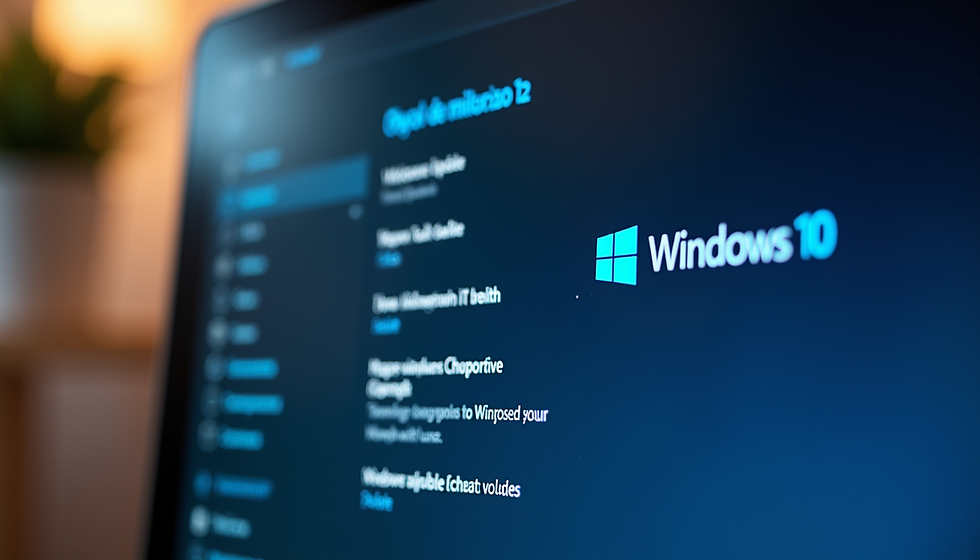Installing Windows 11 on devices that fail minimum system requirements
- Admin

- Jul 25, 2024
- 2 min read

Note: For more info about the minimum system requirements for Windows 11, see Windows 11 specs, features, and computer requirements.
Installing Windows 11 on a device that does not meet Windows 11 minimum system requirements is not generally recommended. If you choose to install Windows 11 on ineligible hardware, you should be comfortable accepting the risk of running into compatibility issues later.
Your device might malfunction due to these compatibility or other issues. Devices that do not meet these system requirements will no longer be guaranteed to receive updates, including but not limited to security updates.
The following disclaimer applies if you install Windows 11 on a device that doesn't meet the minimum system requirements:
This PC doesn't meet the minimum system requirements for running Windows 11 - these requirements help ensure a more reliable and higher quality experience. Installing Windows 11 on this PC is not recommended and may result in compatibility issues. If you proceed with installing Windows 11, your PC will no longer be supported and won't be entitled to receive updates. Damages to your PC due to lack of compatibility aren't covered under the manufacturer warranty.
Before you install Windows 11
If you are unsure if your device meets the Windows 11 minimum system requirements and have Windows 10 already installed, you can download the PC Health Check app, which will assess eligibility and identify components of your device that don't meet the minimum requirements. The app will also link to info that details steps you can take to make your device meet the minimum system requirements. To learn more, download and install PC Health Check app.
After you install Windows 11
When Windows 11 is installed on a device that does not meet the minimum system requirements, Windows will notify you using a watermark on your desktop. You might also see a notification in Settings to let you know the requirements are not met.
If you're experiencing issues after upgrading to Windows 11 and your device does not meet the minimum system requirements, we recommend you go back to Windows 10 straight away.
To go back to Windows 10, select Start > Settings > System > Recovery > Go back .
This option is only available for 10 days following your upgrade, after which time the files needed to perform this function will be removed to free up disk space on your device.




Comments